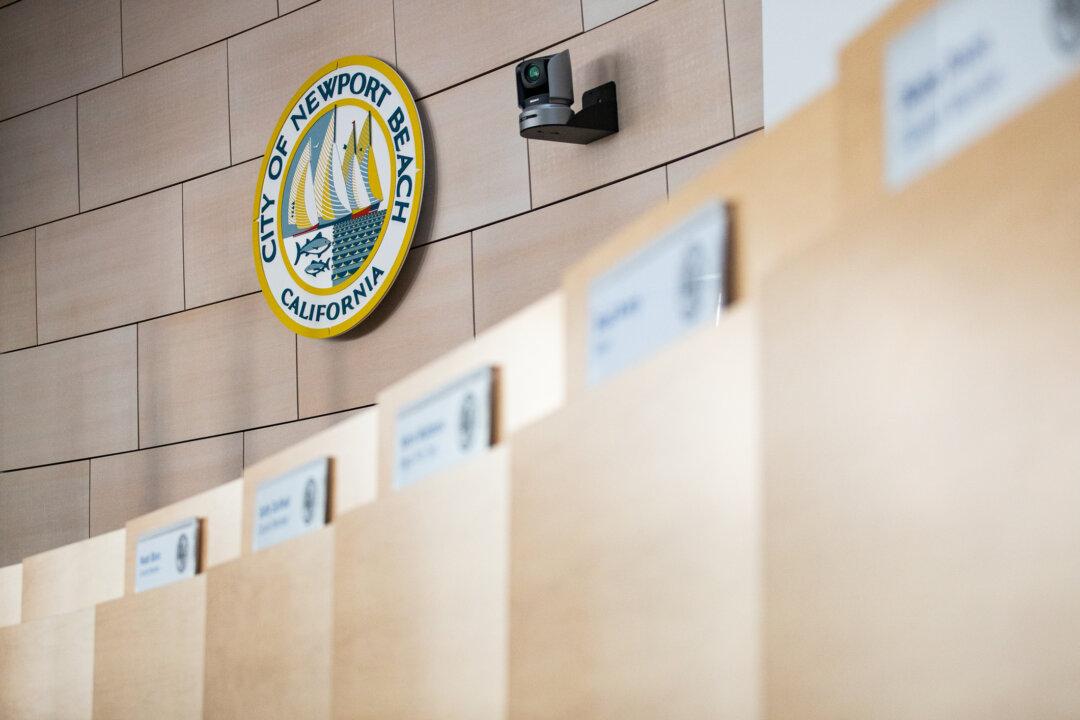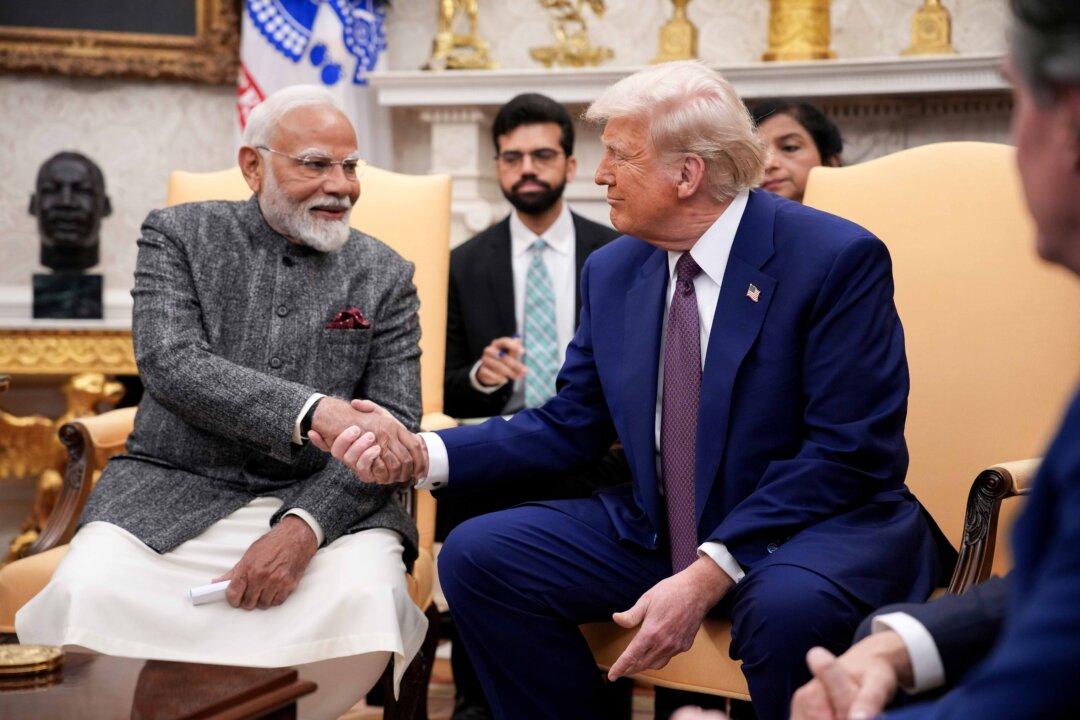NEWPORT BEACH, Calif.—Newport Beach residents will decide June 7 if the way the upscale coastal community elects its mayor should change.
Measure B, if passed, would have voters citywide—starting in 2024—elect its mayor for a four-year term. Currently, the city elects seven city councilors who select the mayor for a one-year term each year.





